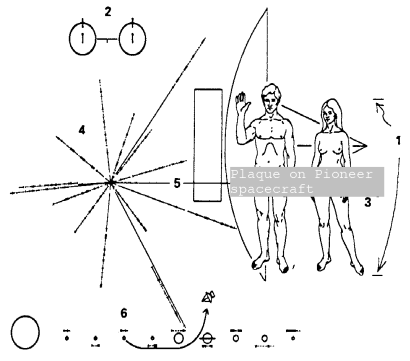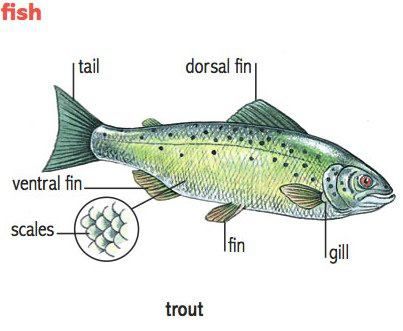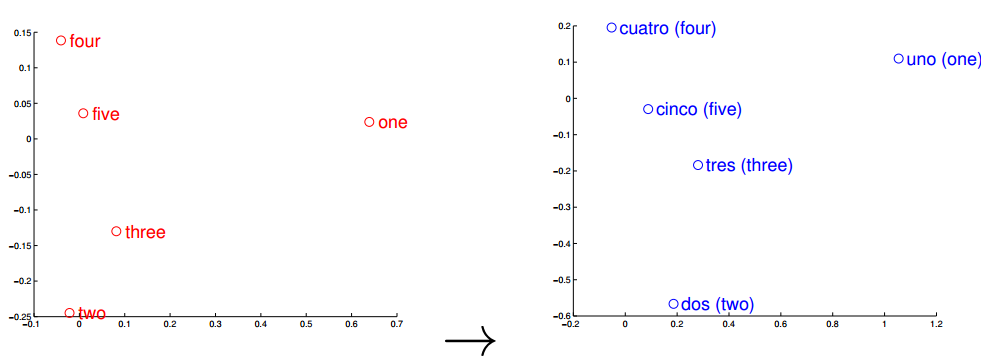Language
Plenty of suggestions of Rosetta Stones. The problem with a Rosetta Stone is that it has to go from an unknown language to a known language, and we don't have a known language for the future people. Also we don't really care about sharing our language or languages with them. So previous answers suggesting saying the same thing in several languages are simply wrong.
What you want is a self-starter language books. Show pictures of a person, show them doing things, and apply words to describe the concept. Repeat the same words for different people doing the same action, and you start getting a noun-verb grammar established. Your "known language" is pictures, and we can (by the OP's question) assume they can understand pictures.
The important thing here is sharing information though, not sharing the language. The language is just the means of sharing information, and you don't really care how you do it. So you want to use a language which has no irregular elements whatsoever and keeps a strict order to its written grammar. English would be a spectacularly bad choice for this. Esperanto is probably your best bet.
You don't necessarily have to provide any context for how words sound, either. "This sequence of marks means 'run'" is enough to start with.
Maths, physics, chemistry
Maths has been covered already by other answers. The basic concepts will be common to anyone who ever does maths.
Basic physics will generally follow from maths, with diagrams of forces, etc.. These are also universal concepts. Language to describe the concepts may help, but the basic equations and diagrams may be sufficient.
Basic chemistry will probably require a periodic table, diagrams of electron shells, and tables of valences. All universal concepts again.
Biology and ecology
Teaching language will have to give some illustration of what our idea of a person looks like. Later on, you can start describing variations in what a human being looks like, how our limbs move, and our internal body structure.
This may also be a good place to start talking about the rest of the world, with pictures and descriptions of animals and plants.
History
Ancient history is full of civilisations who created artifacts and structures but left no record of how they lived. If we've got language sorted, we may want to provide some details of events in human history and the development of our knowledge as a species. It might also be interesting to describe how we lived at various stages of history - aspirationally, this can describe "when you can do this, then you'll be able to live like this too".
History can also help with engineering too. Engineering needs iterative improvements. We can give them lists and descriptions/blueprints of various inventions, in approximate order of mastery, and the crucial concepts needed to master each one.
From human history, we can then step backwards to evolution of species, which is another essential concept. From there, backwards to how the Earth was created, and backwards from there to the start of the universe. Some science knowledge will be needed for this, and this will give a context for taking science a step further.



